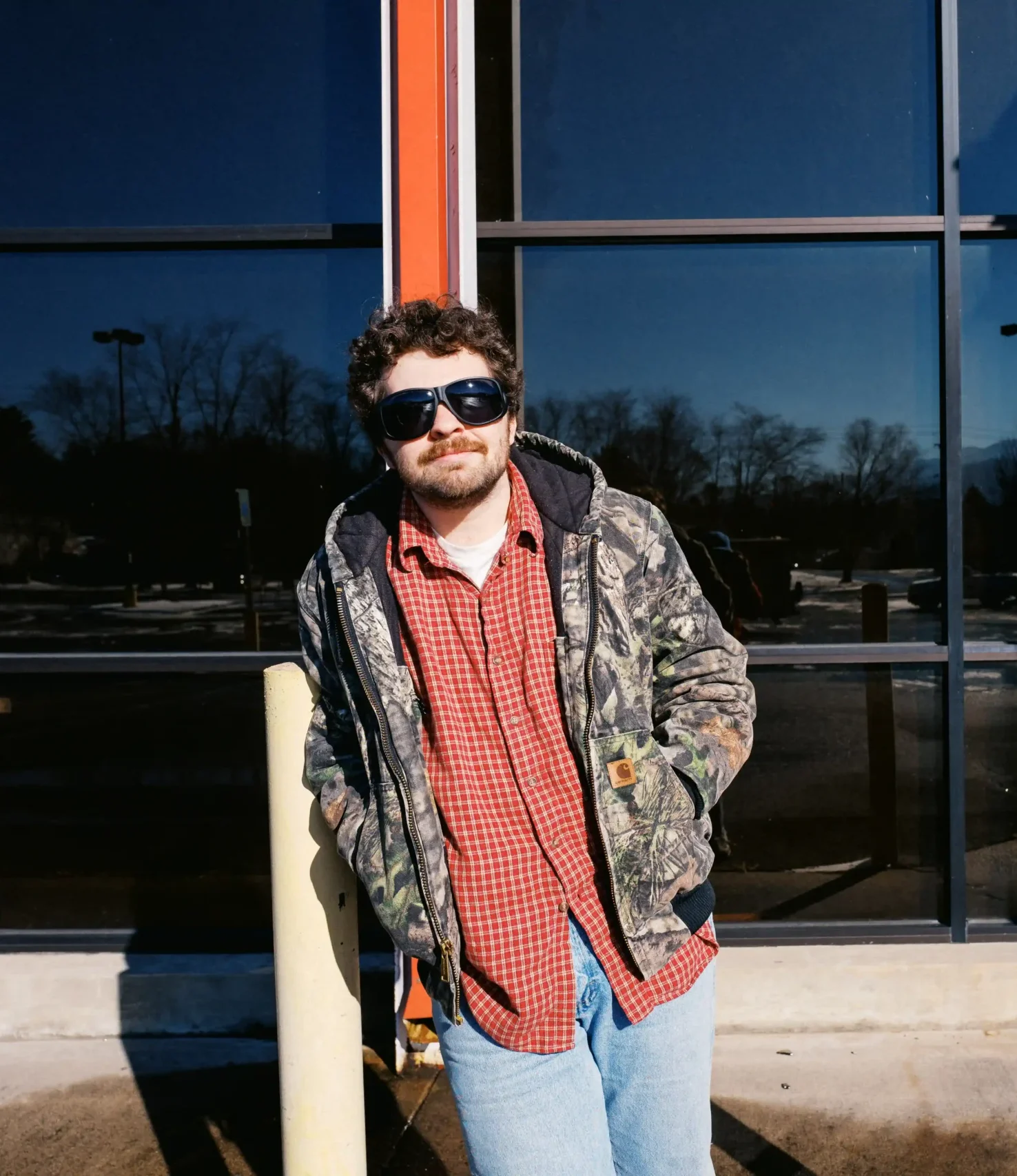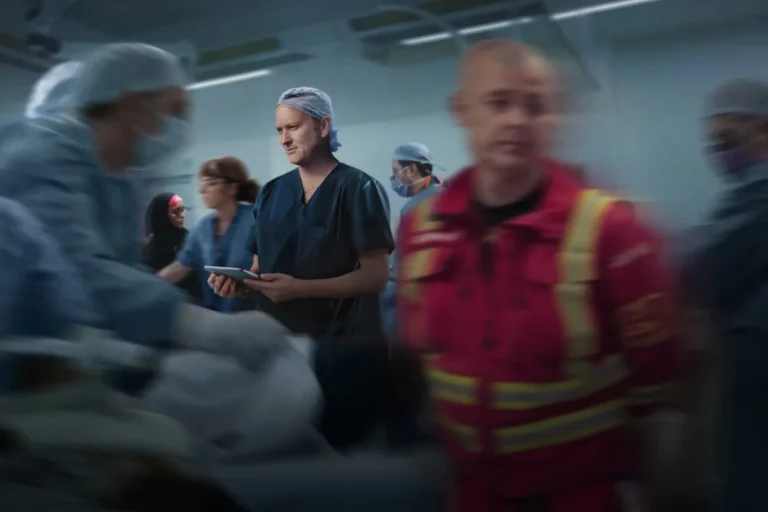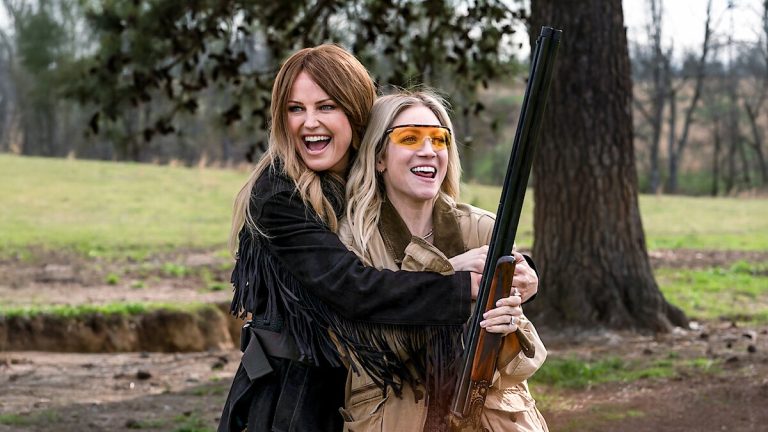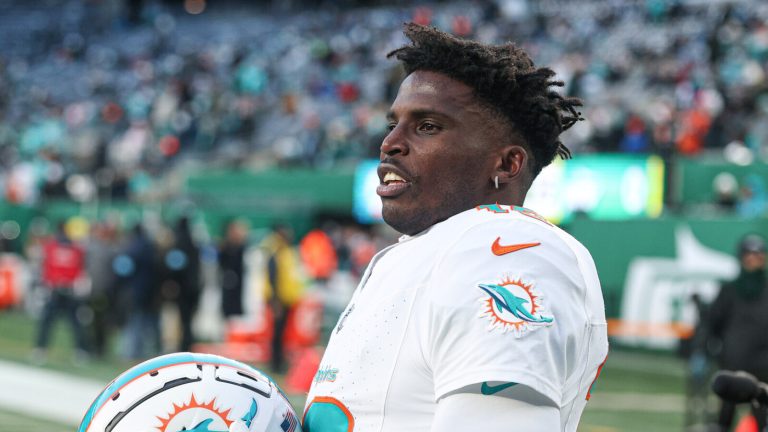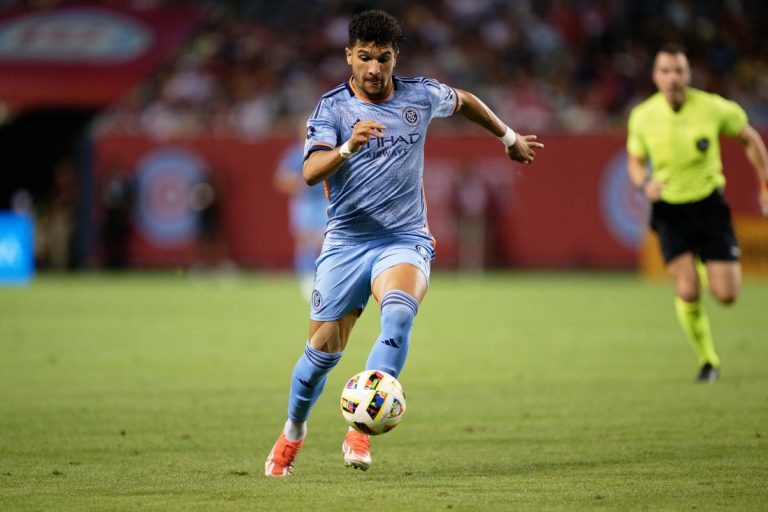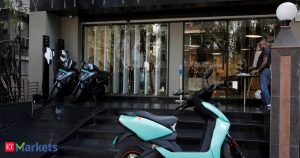Colin Miller is a singer-songwriter and multi-instrumentalist who quickly established himself as part of Asheville’s music scene, recording albums such as Indigo De Souza’s I Love My Mom and Wednesday’s I Was Trying to Describe You in the late 2010s. He released two EPs, My Love in the Winter and Hook, before coming through with his first full-length, September 2023’s Haw Creek, an understated yet radiant collection that invited listeners to the titular compound that became a haven and source of inspiration for many artists in the local community. While Miller continues to build his impressive resume as an engineer and drums in Lenderman’s live band the Wind, he also just dropped its heart-wrenching follow-up, Losin’, which features Lenderman on drums and guitar, his Wednesday/The Wind bandmates Ethan Baechtold (bass, keys, aux percussion) and Xandy Chelmis (pedal steel), and was recorded at Drop of Sun with producer Alex Farrar. There are a couple of layers to the album title: it untangles a period of intense grief following the death of Gary King, who owned the Haw Creek property and served as a father figure to Miller; it’s also a literal reference to trying to win the lottery in hopes of buying the home, which he rented for 13 years. Even when the pain swells, echoing in every note his friends play, Miller keeps up the effort – if not for the unattainable, then simply to keep the engine running.
We caught up with Colin Miller for the latest edition of our Artist Spotlight series to talk about his sense of home, living in and leaving Haw Creek, the process behind Losin’, and more.
Losin’ has just been released, but you’re also gearing up for another run of tour dates with MJ Lenderman, and the Florry record you helped produce comes out next month, as does the new Friendship LP. Does it feel like you’re occupying the worlds of several different albums at the same time?
Yeah, I think that’s been my dream for a long time. I love doing multiple things. I love being behind the computer and actually doing the recording, and I love being behind the drums and playing a part in a band, and I love writing songs. It just feels really freeing and affirming that I get to be in a place where I’m surrounded by so many projects that I get to either enjoy or be in, and then I get to contribute to them and be on, like, a similar level. For me, that’s been a very affirming thing for the hard work I’ve been putting into being a better writer, being a better drummer, and just a better listener. It’s interesting how everyone goes through seasons of listening to more music or not, but when you work in music, I think it’s really important to push yourself to listen and enjoy it. I’m sure you have this feeling from the critical end where it’s like, if you’re doing all of this just for work, when do you sit down for this thing just for fun, right? And if you don’t do that, it kind of spoils the whole reason you’re there. So, I’ve been pushing myself to keep that skill up, along with the technical stuff with drumming or staying on a writing routine.
Do you feel like you have diverging perspectives as a listener, a songwriter, and an engineer?
It’s kind of a mixture. There are things when you’re engineering that you have to focus on that are bare-bones, technical stuff, because you’re really just focusing on trying to get the right performance – no matter if you even like the music. That’s kind of the engineer’s creed: just to make good recordings, good mixes, or good masters. So there’s a natural divergence there. When it comes to songwriting and producing, your taste is so important. Your taste is the reason you’re there, especially with producing, but songwriting, in the modern tradition, is not just about an anthology of folk songs or country songs that you’re supposed to know anymore. It’s deeply about your taste and your specific anthology as a listener. I think that’s what people look for, and I think that’s also why there are more songwriters who bridge the producer gap and go into different things, like I do. They all feel like different jobs doing essentially the same thing: working to make a good song. When you’re a songwriter, it’s your song, and when you’re a producer, it’s someone else’s.
Before we go into the new album, I’m curious how the release of this album, and the story behind it, have maybe cast Haw Creek in a new light for you.
Somewhat. I haven’t really thought about that, but because I’ve had so much distance, so much time, from those songs, and then I had to leave that place, I think I appreciate those songs in a different way. That album, Hook, and my first EP, My Love in the Winter, were just made while I was living there kind of without a care in the world, in terms of having to leave. It’s always been kind of an impending thing; Gary was getting progressively sicker over the years, and then it had a steep drop-off in the last few months that he was alive. But there was a steady decline that we all knew was coming, like, “Oh, he’s on oxygen now,” or “I have to mow the yard because he can’t anymore.” There were just factors of life that showed he was aging. But those albums for me are nice time capsules of that period of my life when I was just living there with my friends, enjoying that space. And having the space to learn how to write songs and put together songs in a way that I thought was interesting, just like what my friends were doing at the same time.
A less tangible thing that the record grieves is the loss of a sense of home. Could you trace back your earliest memories of understanding or gaining that sense of home? I know that you lived in Haw Creek since you were 15.
We were bopping around different apartment complexes, and as soon as we moved into the house, I just felt so much less anxious. We always lived on the bottom floor in the apartment complexes, so there was always somebody walking overhead. It just felt like you never had space from people, and that always made me anxious. Living in Haw Creek, I felt like I finally had space in the house, and then it was just so beautiful, with all this natural beauty – the field out front and the woods in the back. I just kind of felt like I was in heaven. And it was pretty immediate; as soon as we moved in, I was so excited.
A catalyst for us moving was that there was a big fire at the end of our apartment complex, and we just had to pack all of our stuff at like 11 at night into the car and just be like, “I don’t know if our home is going to burn down or not,” because we were at the other end, but the fire kept jumping the firewall to the next set of apartments. And then the house we got – I just felt so lucky.
How would you describe the transition from a place that felt like a personal, familial home to a collective, musical one?
It was a natural process. I wanted to do music as my job, and I didn’t really know what that meant, but I always thought I would have to move to a city to do that. I knew I was surrounded by such talented musicians who were also my friends, so when my parents moved out the year I started college, I was like, “Yeah, I want to keep this house, and the rent is cheap, so this is a no-brainer. I should do this and get my friends in here, and we can record all the time.” And that’s pretty much exactly what happened. Then, the house next door opened up, which was about 50 feet away from mine. It needed renters, and I had some friends who had just finished their first year living on campus, which was mandatory at UNC, so they came and took that spot. Just to have that freedom of: We’ve got these houses, and we’ve all got our own introvert spaces inside these houses, but we’re also able to hang out whenever we want. There was pretty much always somebody working on something cool. It felt like an idea I had back in high school, like a pipe dream. But I still thought, “Oh, I have to move, though. I have to move to the same city as Xandy, and then we’ll get jobs there and find a community and learn it.” All of that just sounded like something I wished I could have here, because I already had the most important part, really. And that kind of ended up being true. I just had the right community. I had a great group of friends who loved each other and loved music wanted to support each other.
How did you carve out a space for your own songwriting within that?
At that time, I was quietly writing my own songs because I was like, “If I want this to be my job, I should record everything I can.” If my friends could pitch in a little bit of money, that would be amazing, but I really just needed a portfolio of stuff that I’ve worked on, to have a functional resume as an engineer and producer. Because I was an avid listener and loved music so much, it naturally came to me like, “I’ve been writing my own songs since I was 15. Why can’t I put them out too?” I was really just stopping myself. And now, it feels like this great thing where I get to have a deeper understanding of my friends’ work. Their music is so different from mine because their tastes are different from mine, but anybody writing a song goes through a similar process of searching in the dark for a good line, a good turn of phrase, or a riff that leads to the next thing. And then it becomes this living thing you’ve found. That’s such a beautiful process. I just love having that experience for myself and sharing it with my friends.
You said you started doing that at 15, so it coincided with moving to Haw Creek?
I think I started writing songs when I was 13 because I would come home from school every day, and I didn’t want to do any homework. All I wanted to do was sit in front of the computer and learn how to play songs I had just heard and liked. That was all I wanted to do; that’s all I really did. I kind of lucked out in school and where I was able to get all the school done relatively quickly, and it felt easy. So I got into a rhythm of being like, “Okay, I’ll spend 30 minutes on this, maybe get a B, and that’s fine.” [laughs] Because then I get to spend all night watching cool YouTube videos of concerts and learning how to play guitar.
What kind of videos or concerts? Is going on YouTube still a part of your process?
Yeah, for sure. I love playing along to songs, having this active listening experience. I’ve started a practice routine of learning songs completely and recording them – essentially a cover, but it’s less about covering a song to put it out, like I did with Merce [Lemon]. When you cover a song, the ethos is to bring your own take on it, which makes it sound different. This practice routine I’m doing now is about learning a song I think is interesting or hard and figuring out all the parts. It’s a good way to practice guitar, bass, drums, and keys. That’s something I’ve been doing as a functional way of immersing myself in something I already like and getting to have a deeper understanding of it.
That’s what I do now, but when I was a teenager, getting immersed in music for the first time, I was really obsessed with The Swell Season. They were my favorite band, and I would watch Once every few days and learn all their songs. I thought Glen Hansard had hung the moon, you know? Whenever they had tour dates, I would just see if someone had uploaded something from the night before. So then I would be like, “Oh, that’s a new song,” or they would do a cover of someone I’d never heard of, or heard of but never really listened to. Like, “You know, I’ve always heard the name Bruce Springsteen, but now Glen Hansard is playing a Bruce Springsteen song, I should check it out and see if I like it.” And of course, I did. I got into a ton of music that way, just through his taste. He would cover bands like the Pixies, Van Morrison, Bruce Springsteen, all sorts of other bands. It was like my personal curriculum, where I was following this person’s taste and then creating my own through theirs.
You started working on the songs that would become Losin’ a few months after Gary passed away, but you didn’t move out of the house until about two years after his death.
That’s right. It was basically this time last year.
Do you feel like that period of time stretched or entangled the feelings of grief that sit in this album?
I think it would have been really hard to leave that place – I mean, everything is hard when you’re grieving. But I think there are pros and cons, if the grief is place-dependent, to being able to leave immediately versus having your own time to leave. By the time I left, I was really ready to leave, because things in the house were just breaking at such an intense pace, and it was providing so much stress. It was providing stress not just for me but also for Gary’s friends, who were trying to sell the property, but also trying to be good to the people still living there, making sure we were comfortable. It definitely intensified the process of grief.
But it was a no-brainer to stay. At first, I thought, well, how much is the property going to be listed for? Is it possible – like, do I have any rich relatives? [laughs] Do I know someone who would want to buy it and keep it the way it is? Because that’s what pretty much everyone involved wanted, but it wasn’t what the will stipulated. So, I feel like that first year, nothing really happened, in part because the process of listing a property like is a long one, but also, it wasn’t moving fast because people didn’t want to see it change. It had a security blanket type aspect for me. But, I mean, played the lottery every week. I’d buy scratch-offs and Powerball tickets, probably two times a week, just to see if I could literally win the lottery and stay in that house and buy that property. Because if I wanted to keep it the same, I’d have to buy the whole thing outright. Of course, I didn’t, so I kept accruing these losing tickets. That’s where the title of the record comes from – I was trying to hold onto something that was beautiful and meaningful to me, and I was literally, constantly losing. That felt pretty metaphorical of the whole process of grief.
That spins the title of the record in a whole new light.
Do you want to see the stack? I still have them. [brings stack of lottery tickets] This isn’t all of them, but it’s a chunk of it. I saved them because I was like, “Maybe I’ll use this for something, maybe some piece of the album art.” I just didn’t like how it looked, but it was something I had in my mind for a while. It’s like, “I have this: I have two years of trying.” And the funny thing is, part of me didn’t even want to win – I knew how hamfisted that idea was. Winning the Powerball isn’t just about getting a life-changing amount of money, but a person-changing amount of money. I’d talk to my friends and my fiancée – we were doing scratch-offs and being like, “What would we actually do?” If I’m thinking about trying to win this amount of money for this specific purpose, how would we do that? Some of it would go toward the house, and then we would just give the rest of it away?
It became this half-joke, half-nightmarish scenario. [laughs] But it all came from this place, this mania of grief, of, “This place doesn’t just mean a lot to me, it means a lot to everyone around me.” The whole community was – they still are so mad that the property is going to be turned into a development. They don’t want that to happen. So it felt like the good fight, like trying to do something actionable, even though I was really just playing the lottery and wasting money. But it felt like trying.
Did you all entertain the idea, or did this trying feel isolating at times?
It was a little isolating because I think I had the most connection to the place. Everyone else understood what I was doing, but also understood how ridiculous it was. It wasn’t something I ever expected someone else to do. It felt like this burden of responsibility fell on me to do this moonshot thing, and that felt okay. Because I grew up there; I think for them, it was my home that they moved into.
You mentioned the idea of using the tickets for the album cover. How did the actual cover by Matthew Reed come together?
I think the cover represents the thing I was trying to do with the album in general, which was include other people. With Haw Creek, I made that almost entirely on my own. I did have Xandy play on one song and Ethan helped out on another, but it was like, “I’m gonna give my friends like a window to work inside of, and then they’ll do that.” This was way more collaborative. I was like, “Here’s the structure. Let’s make small adjustments together.” It felt like I had them as my band to create this with me. I’m really grateful they were open to that. Apart from the record’s meaning and content, I wanted to involve my friends more because I didn’t do that on the first one.
There’s obviously an emotional and thematic component to re-recording the song ‘I Need a Friend’, but it also coincides with that decision to feature your friends more prominently.
Definitely. It’s really easy to look at this record as one where I’m mourning the loss of a friend, and it is about that. But it’s also equally about the fact that all of my friends were grieving him too, were writing about him, were inspired by him. Gary had such a huge presence. He kind of held our day-to-day fate in his hands as our landlord, and was so chill about it in a way that no landlord is today. We were all really distraught when he died, and it happened at a time when things were going really well for Jake and Karly’s music. It felt like this horrible snap back to reality, where this person who had made a space for you is dying and you’re not able to be around. That’s where a lot of this record came from, too, us leaning on each other. The friend element is definitely wanting to include my friends, and also writing about that aspect of loss and yearning for connection. It’s just as much about us leaning on each other as it is about specifically missing Gary. I didn’t explicitly write it from that place, but that was just the reality.
A moment that stuck out to me is ‘I Need a Friend’ transitioning into ‘Lost Again’; every element of that song is so deeply felt.
Ironically, that’s the one song that Alex and I worked on almost entirely together. It was the last song I put together, and it felt like working on all the other songs helped me figure that one out. I had this momentum with these songs, and I had an understanding of it, because of the work I did with my friends. So even though ‘Lost Again’ was just me and Alex, it still felt like it was in that same vein of collaboration. That song was the hardest one to write, though, and it came together at the last minute. I had all these fragments and ideas I liked. I was working on it the night before we recorded it, and I felt like I had cracked the code to it. And then we made it, and it felt good, felt simple.
How did your dynamic with Alex Farrar play out on this record?
It was great. He’s so fast, so skilled, and just such an incredible engineer. It felt like I could communicate exactly what I wanted so easily, and the flow moved quickly. It wasn’t like we had limited time – every day just felt like, “Okay, let’s keep humming along because these are sounding good.” The workflow felt good.
Something I’ve talked about with your collaborator Indigo de Souza is the significance of parking lots in her music. There is a similar pattern with drive-throughs – and really, cars in general – on this record.
The drive-through is really just a liminal space, like a parking lot. The parking lot is this anonymous place – you can go there any time of day and, within means, do whatever you want. You can sit in your car for hours just listening to music. It’s a special place to be as an introvert and an anxious person. But a drive-through is almost the opposite. It’s a little bit like jail. [laughs] It feels like the time between ordering and paying is just rife with wild thoughts. It feels like a deeply emotional place. If you work all day and don’t feel like cooking for yourself, so you go get food from a drive-through, and the drive-through’s packed – that mixture of emotions is so intense. That time before you’re able to get your food, that you want to pay somebody to feel better and feel fed – the emotions leading up to that are so unnecessarily big. I think everyone’s been in a horrible mood in a drive-through. Those emotions are not funny when you’re feeling them necessarily, but when you aren’t feeling them, they’re pretty hilarious because they’re so unreasonable. That sort of mismatch usually makes for good lyrics.
I’m curious how your idea of home has shifted over time. Has it become more fluid or liminal?
I think my sense of home has definitely changed from being place-dependent. My sense of home is really tied to my fiancée and my dog. We live in a house that was built in the last year and a half, and we’re super close to our neighbors in proximity. But we don’t interact much with them. It’s a very different kind of space than I’m used to, and that’s changed my understanding of home. I drive to see my friends more than I used to. I’d love to live closer to my friends again, or live in a house that’s more in nature than I am now. But just the fact that I get to live with my fiancée and dog feels really grounding when I come home from tour. Your sense of home on tour is literally just the people you’re around and the van or the bus you’re driving in. So it’s less about a physical place, but I think it’s helpful that I live in Asheville, and I love living here. It feels more like a bruise than a cut, I guess.
This interview has been edited and condensed for clarity and length.
Colin Miller’s Losin’ is out now via Mtn Laurel Recording Co.
